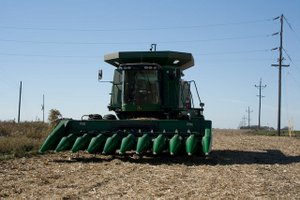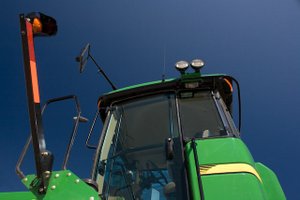 Vitamins are used to ensure adequate nutrients and taken daily will ensure overall health for years to come. While aspirin is used as an analgesic (painkiller) to relieve minor aches and pains temporarily.
Vitamins are used to ensure adequate nutrients and taken daily will ensure overall health for years to come. While aspirin is used as an analgesic (painkiller) to relieve minor aches and pains temporarily.
With the New Year just around the corner, resolutions and goal setting traditions are coming fast. Have you thought about what you want to accomplish in 2013? Have you set a goal to lose weight (the quick fix- aspirin) or to set a goal of overall health (long term – vitamin).
Today is the day to start looking at the things that are going to make a small difference over the years to come; like taking vitamins for overall health. If you need to take aspirin, it may be solving the short term problem, but you will probably have to keep addressing the same issue.
Any good health plan can apply to your farm operation as well! As you design and/or reanalyze your operation’s business plan for next year, using the right tools can make all the difference. If you are spending a lot of time being reactive and addressing many issues that came up last year, it’s time to look at things that you can do in 2013 to be proactive and incorporate pieces to your farm that contribute to the overall health, instead of just feeding the “pains” of the operation.
If the goal is to have a “healthy” operation, start giving it vitamins today to reduce having to use aspirin later in the year.
Vitamins can include:
- Production: the right seed & fertility management for your soil
- Risk Management plan: the needed crop insurance
- Marketing Strategy
- Financial Analysis
It’s when you don’t have these things in place that you will find yourself needing to take more aspirin; that ends up being a reactive approach and ultimately can hurt your operation. When we have the right things in place from the beginning and maintain them through the year (acting as vitamins), we have less “illnesses” that strike from year to year. For most of us, big goals are overwhelming, so sit down and consider the easy mini-steps that you can take to get to where you want to be.
When we take the vitamin approach, we are able to have a more consistent operation with steady growth; which in turn, makes the long term goals for our operation more attainable. Once we start reaching those small milestones, we get much closer to that ideal big picture we are reaching for.
Sure there will be times that we may need a little aspirin; we just don’t want to rely on it on a regular basis.
Do you have ways to stay your “healthiest, most profitable” throughout the year not mentioned above? Tell usin the comments below!




 The last 40 days have been a flurry of reaping the harvest. Now is the time to review the decisions you made along with finalizing your 2013
The last 40 days have been a flurry of reaping the harvest. Now is the time to review the decisions you made along with finalizing your 2013 
 Growing up on a family farm was a wonderful experience and my Dad made an excellent investment by buying land, and as he would say, “making a living off the land”. Farming was in his blood as he came from a long line of farmers.
Growing up on a family farm was a wonderful experience and my Dad made an excellent investment by buying land, and as he would say, “making a living off the land”. Farming was in his blood as he came from a long line of farmers.



